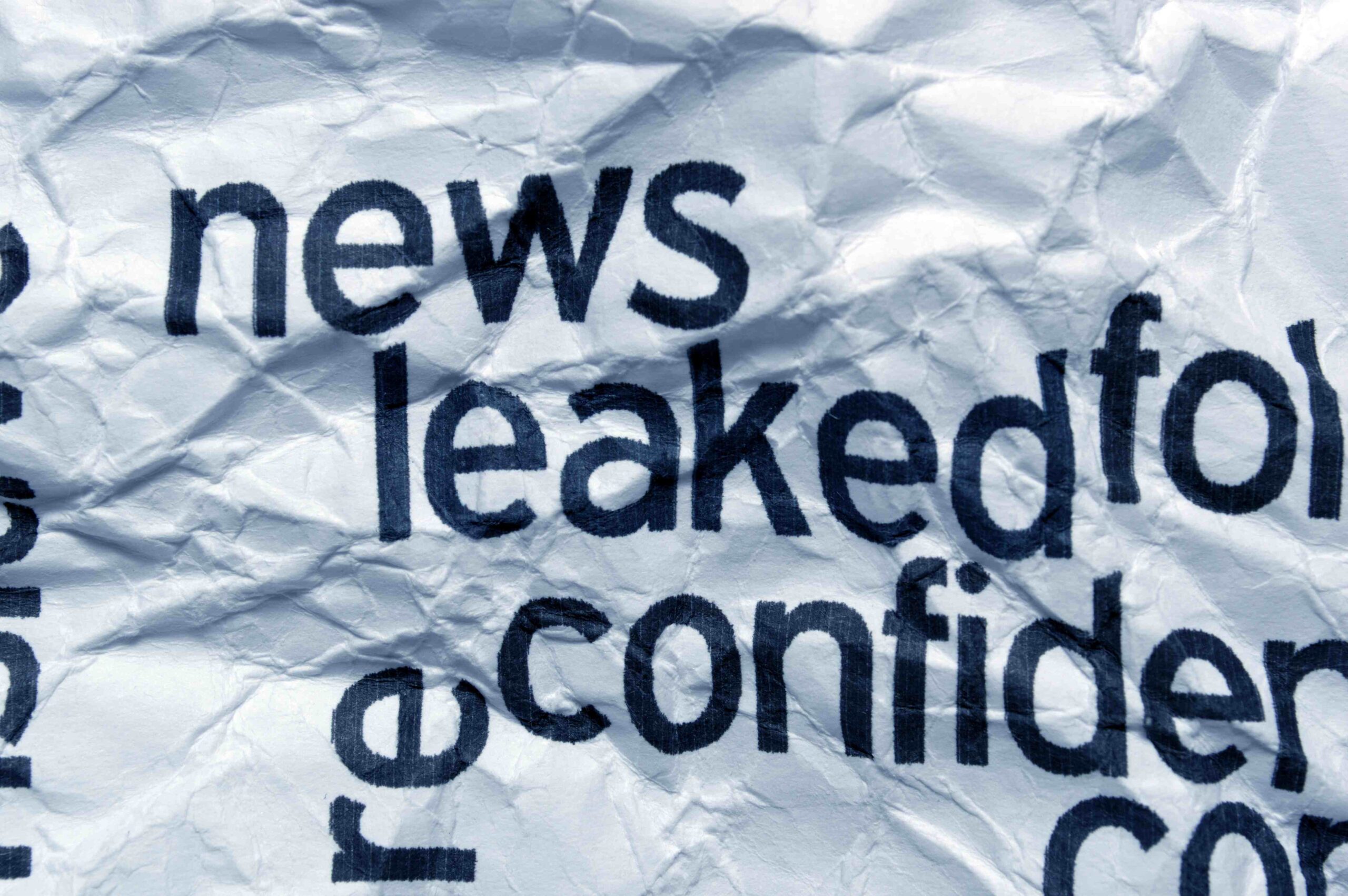Keith Krach, Under Secretary for Economic Growth, Energy, and the Environment
Wall Street Journal
This piece originally appeared in The Wall Street Journal.
Iran’s foreign minister recently said his government is negotiating with China for a 25-year “strategic partnership” involving a reported $400 billion in Chinese investment. Cue the media circus. Global headlines heralded the deal as a “major pact” that presents a “bold challenge” to the U.S. Not so fast.
For starters, this is a deal between two dishonest regimes that pride themselves on propaganda. The scale and feasibility of the deal deserve healthy skepticism. We should doubt Beijing’s capacity to fund $400 billion of Iranian infrastructure. To put it in perspective, China has invested less than $27 billion in Iran in the past 15 years—and that was before Covid-19 hit China’s economy. At best, this deal is a framework for cooperation.
The purported deal also faces popular outrage among the Iranian people, who have zero interest in their country becoming a Chinese client state. Speculation is swirling that the deal includes oil concessions to Chinese companies, basing rights for China’s military, and long-term leases of Iranian islands—all entirely believable given China’s long history of predatory, neo-imperial deals. China’s proposed military support to Iran, which both countries are keeping under wraps, may already violate the United Nations arms embargo. The Iranian regime’s crisis of legitimacy with its people will only worsen if the deal moves forward.
There are other reasons the deal is unlikely to proceed as reported. Many Chinese state-owned enterprises, particularly in the energy sector, can’t afford the financial hit of U.S. sanctions incurred by entering the Iranian market. On top of this risk, Iran’s economy is deeply corrupt and controlled largely by the Islamic Revolutionary Guard Corps, a designated foreign terrorist organization. These two factors make any return on investment far from certain.
Suffice to say the deal is overblown. Yet it reveals something about each nation and why the two have found each other now.
For Iran, this partnership is born of desperation. Because the regime has been severely weakened, in part by U.S. sanctions, the mullahs are willing to do a deal with a predatory power so long as it gains access to capital. The regime is willing to romance the Chinese Communist Party even while it imprisons Uighur Muslims in indoctrination camps. In doing so, the mullahs are breaking with their spiritual father and founder, the Ayatollah Ruhollah Khomeini, who in 1981 summed up the global aspirations of his newly founded Islamic Republic: “We wish to cause the corrupt roots of . . . communism to wither throughout the world.” He called on his followers to “destroy” communism. Has Khomeini’s revolution died at the age of 41?
As for China, its eagerness to boost the world’s leading state sponsor of terrorism and anti-Semitism is the latest in a series of moves that show Beijing as an irresponsible actor. Beijing hid the initial outbreak of Covid-19, attempted to profit from the resulting pandemic through “facemask diplomacy,” cracked down on Hong Kong and instigated a bloody border war with India.
The China-Iran partnership also lays bare the common threads that connect the two. Both governments are revolutionary relics known for lawless behavior, duplicity, bullying, domestic oppression and thought control, coercive economic practices and grave human-rights abuses. It was only a matter of time before these totalitarian twins found each other in a “strategic partnership.” Now the world must develop and carry out strategies to counter them, especially Beijing.
The good news is the world is waking up to the risks of doing business in Iran, and U.S. companies increasingly understand the costs of doing business with China.
In Iran, more than 100 major foreign companies have withdrawn from the market or canceled investments since the U.S. reimposed sanctions in 2018, leading to tens of billions of dollars in lost investment. Iran’s regulatory structures are so corrupt that even well-intentioned companies can’t know if they are facilitating terrorism. This is why the Paris-based Financial Action Task Force recently blacklisted Iran, which refuses to stop terror finance and money laundering.
In China, foreign companies for years have endured parasitic joint ventures, blatant thievery of intellectual property, a world-wide bullying spree and the collection of private and proprietary information to be exploited for China’s commercial advantage. No longer.
China’s attempt to portray itself as a misunderstood and well-intentioned global partner is failing. Businesses are diversifying supply chains away from China and keeping critical technology out of the hands of the Communist Party. Through Huawei, the party is attempting to export its 5G surveillance state, complete with mobile-app appendages such as WeChat and TikTok.
With its decision last week to ban Huawei’s equipment from its 5G network, the U.K. joined a growing list of countries that are reasserting their national security and economic interests. Huawei’s deals with telecommunications operators around the world are evaporating as democracies such as Japan, Australia, the Czech Republic, Poland, Sweden, Estonia, Romania, Denmark, Latvia and the U.S. prohibit its unacceptably risky equipment. In recent weeks, Telco Italia, Telefónica and the three big telecom companies in both Singapore and Canada have also banned Huawei equipment.
The Trump administration’s determination to expose China and Iran and hold them accountable has helped make this success possible, and the U.S. will continue leading the way. We have recently imposed restrictions on American semiconductor technology going to Huawei and introduced the 5G Clean Path initiative to keep U.S. diplomatic systems from moving information over Huawei equipment. We have also imposed sanctions on more than 1,000 individuals and entities tied to the Iranian regime, depriving Tehran of billions in revenue that it would have spent on terrorism.
We are making the case that smart economic policy is sound national-security strategy, and our friends and partners around the world are heeding this call in an unprecedented way. The world is moving on to more-trusted partners that share our values, and this movement will continue to gain speed. This is very good for all nations that value freedom and security.




